Weather
All Weather Content
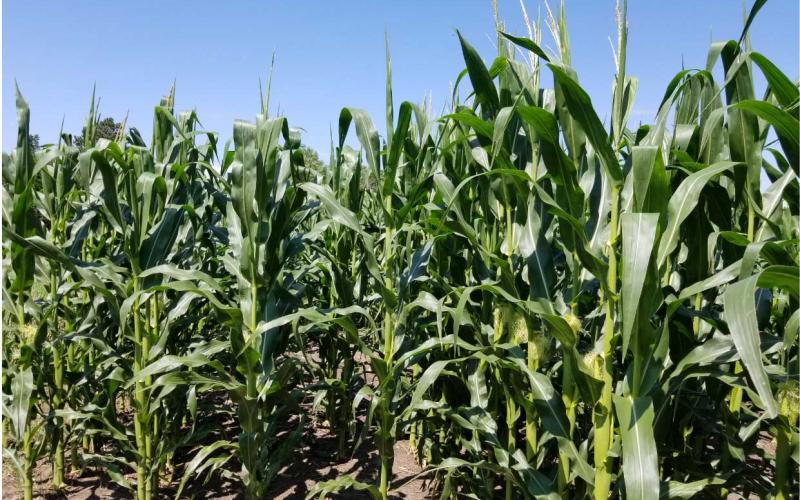
Flowering in Corn
Corn is at or near the most critical growth condition. Successful flowering and pollination are very important in determining the fate of the kernel setting and development. This article summarizes the pollination process and the effects of dry, hot conditions on pollination.

Wet Corn: Storage and Late Harvest Options
With a very challenging harvest in many parts of south and southeastern South Dakota this year, farmers were faced with difficult decisions. Wet, unfrozen ground in many areas and high grain moisture forced many farmers had to make a decision: harvest the wet grain, or let it stand in the field.
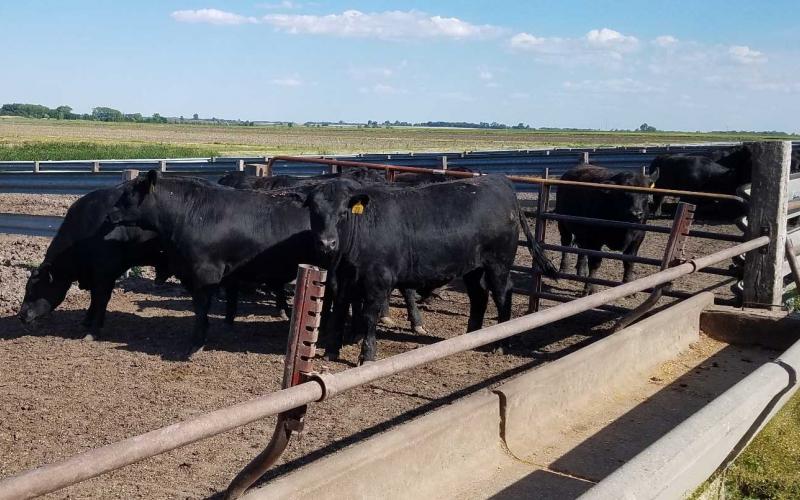
Bigger Cattle. Warmer Weather. What Can Go Wrong?
The disruptions in the beef processing sector caused by COVID-19 continue to interfere with the orderly marketing of finished cattle. While we all hope that the situation is resolved quickly, the reality is that because the shipment of so many harvest-ready cattle has been delayed, there will be increased numbers of heavier cattle on feed for the foreseeable future.
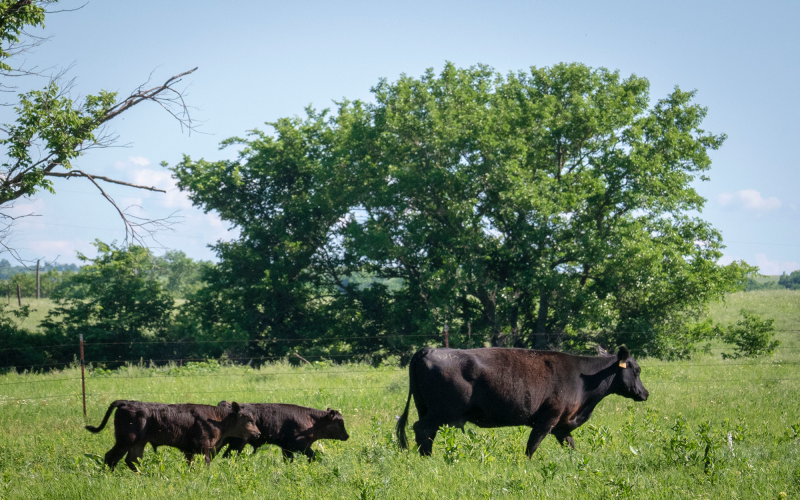
Lessons From Alternative Calving Workshops
Recently, the South Dakota Grassland Coalition and SDSU Extension held workshops across the State focused on sharing information from experienced livestock producers who have switched to a calving date more in sync with nature.
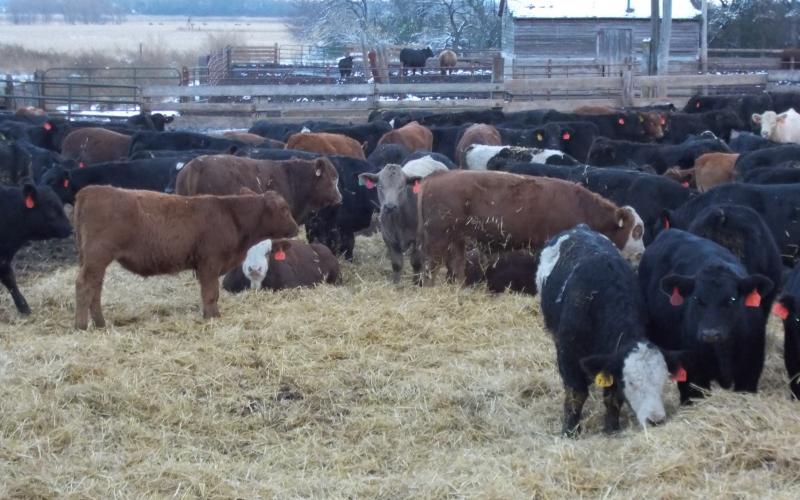
Managing Cattle Through Winter Weather Conditions
Winter weather conditions often present challenges to cattle managers in the Northern Plains. Although we can’t alter the weather, there are management steps that can be taken to help maintain cattle health and performance.
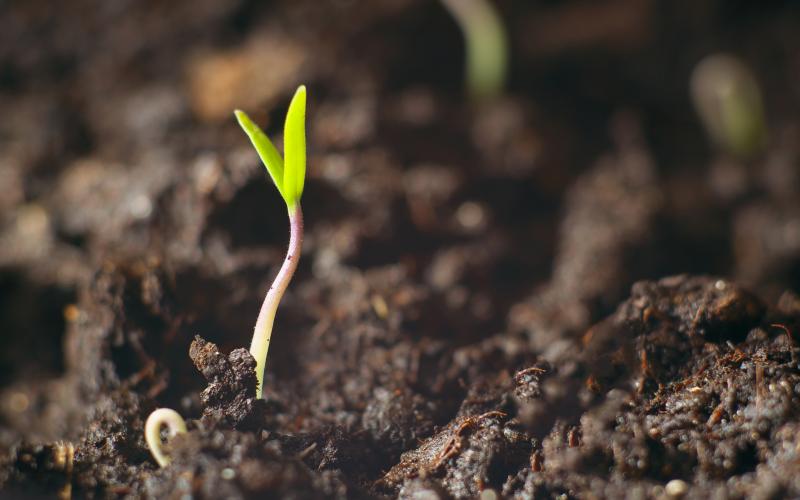
SDSU Extension to Address Economic and Marketing Issues in Crop and Livestock Production During Ag Economic Dialogue Series
August 06, 2020
SDSU Extension will host monthly Ag Economic Dialogues throughout 2020 to assist farmers and ranchers in making the best and most profitable decisions for their operations.
Dealing With Snowstorms for Cattle on Winter Range
Ranchers with cattle on winter pastures have a few management strategies to help them cope with the large snowstorms throughout the state.
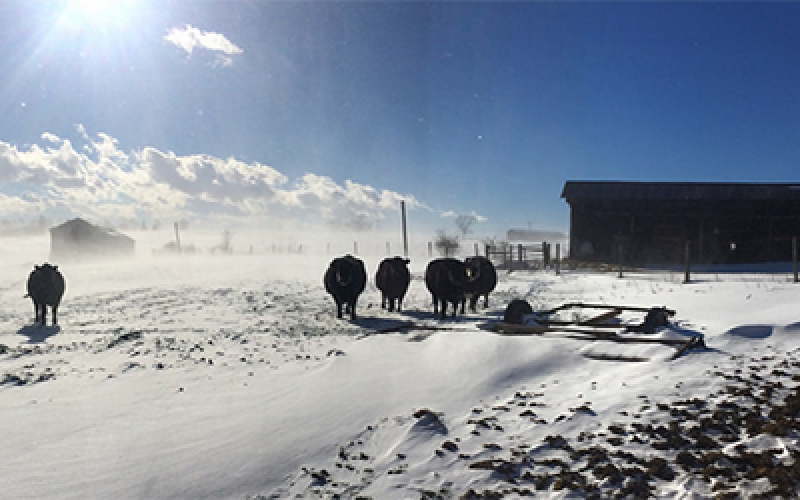
How Does Cold Stress Affect the Energy Needs of Cattle?
Most beef producers understand that when the weather gets colder their cattle need more energy for maintenance. The questions are when do cattle start experiencing cold stress and then how much more energy do they need? Both the actual temperature and the wind speed interact to determine the effective temperature.
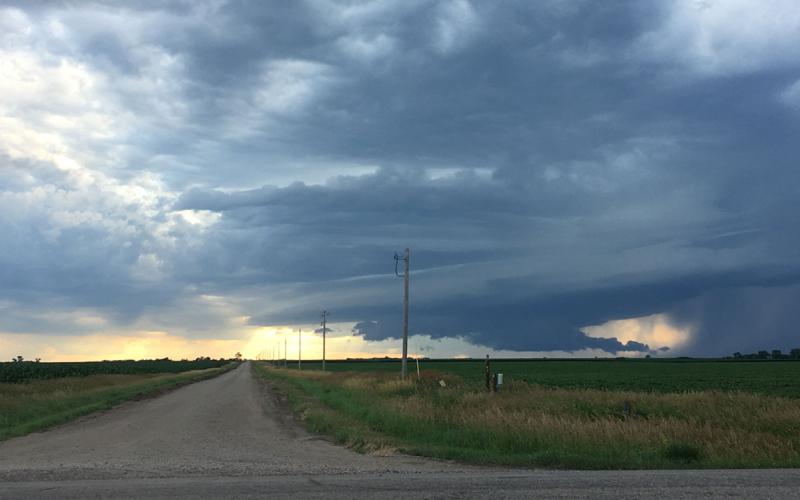
Summer Severe Weather Safety
Hail, high winds, heavy rain, lightning, tornadoes. These weather phenomena are common during South Dakota summers. Stormy weather can be beautiful to see, especially in our evening skies, but it can also be dangerous or life-threatening.
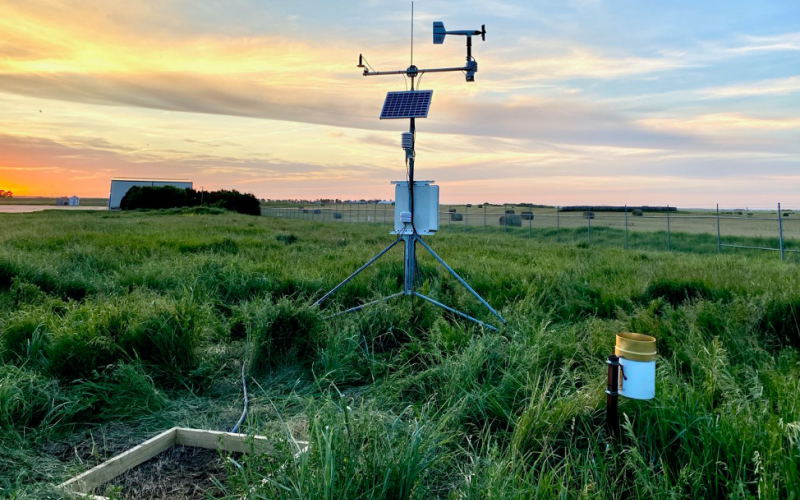
South Dakota Mesonet Weather Station at Eagle Butte Returns to Service
July 15, 2020
The South Dakota Mesonet at South Dakota State University has reactivated its weather station near Eagle Butte with the support of the Cheyenne River Sioux Tribe Telephone Authority.